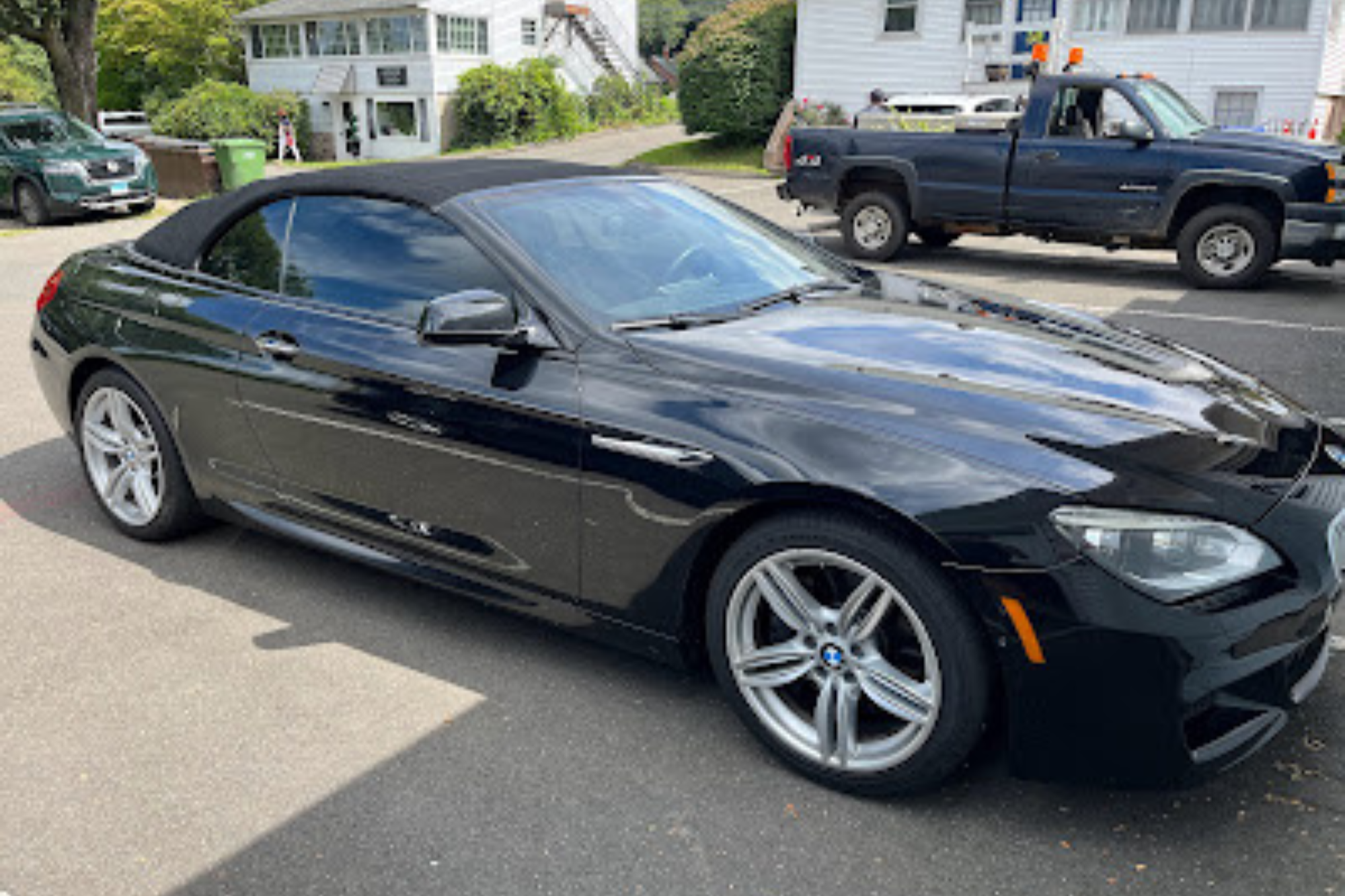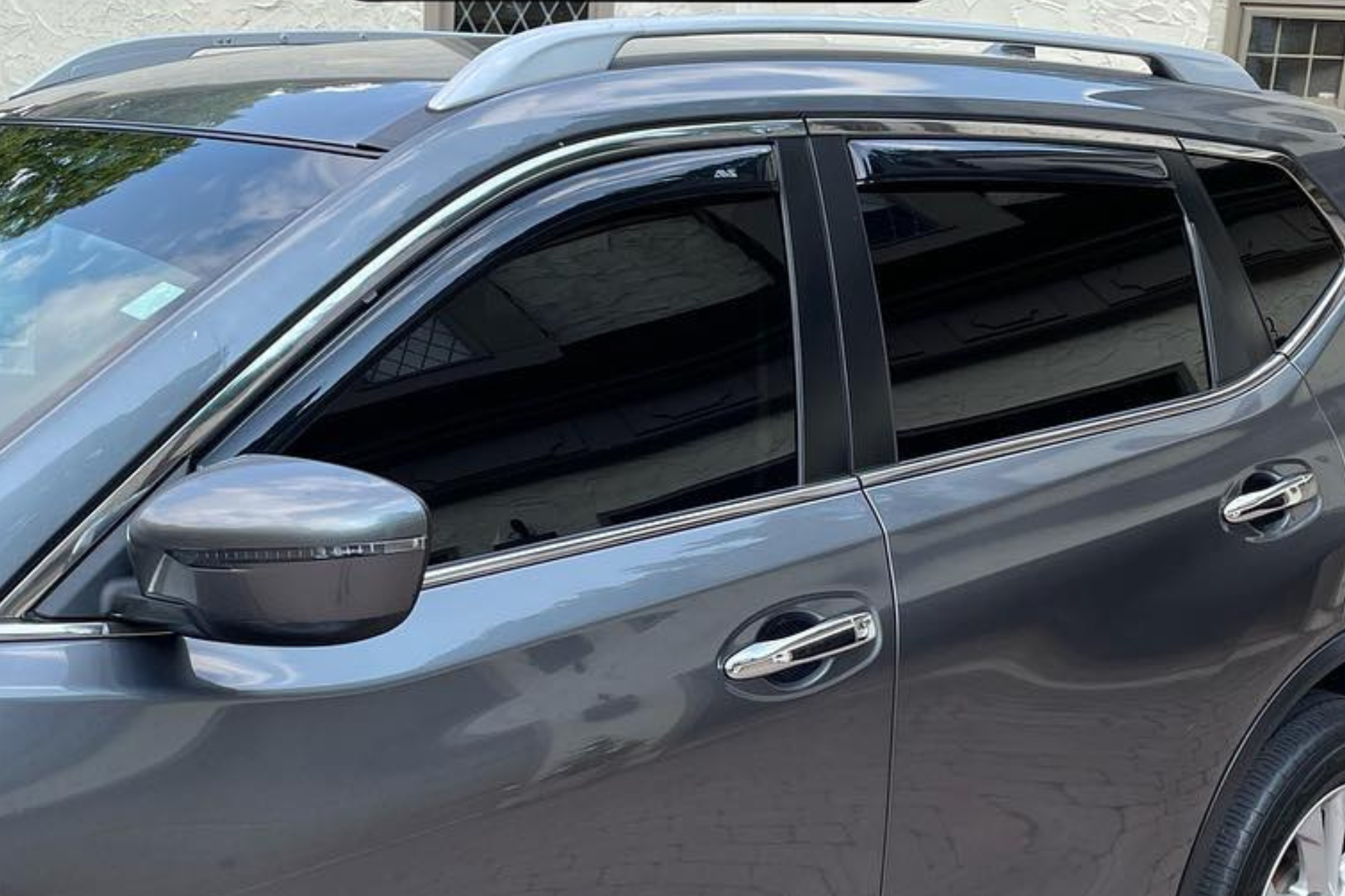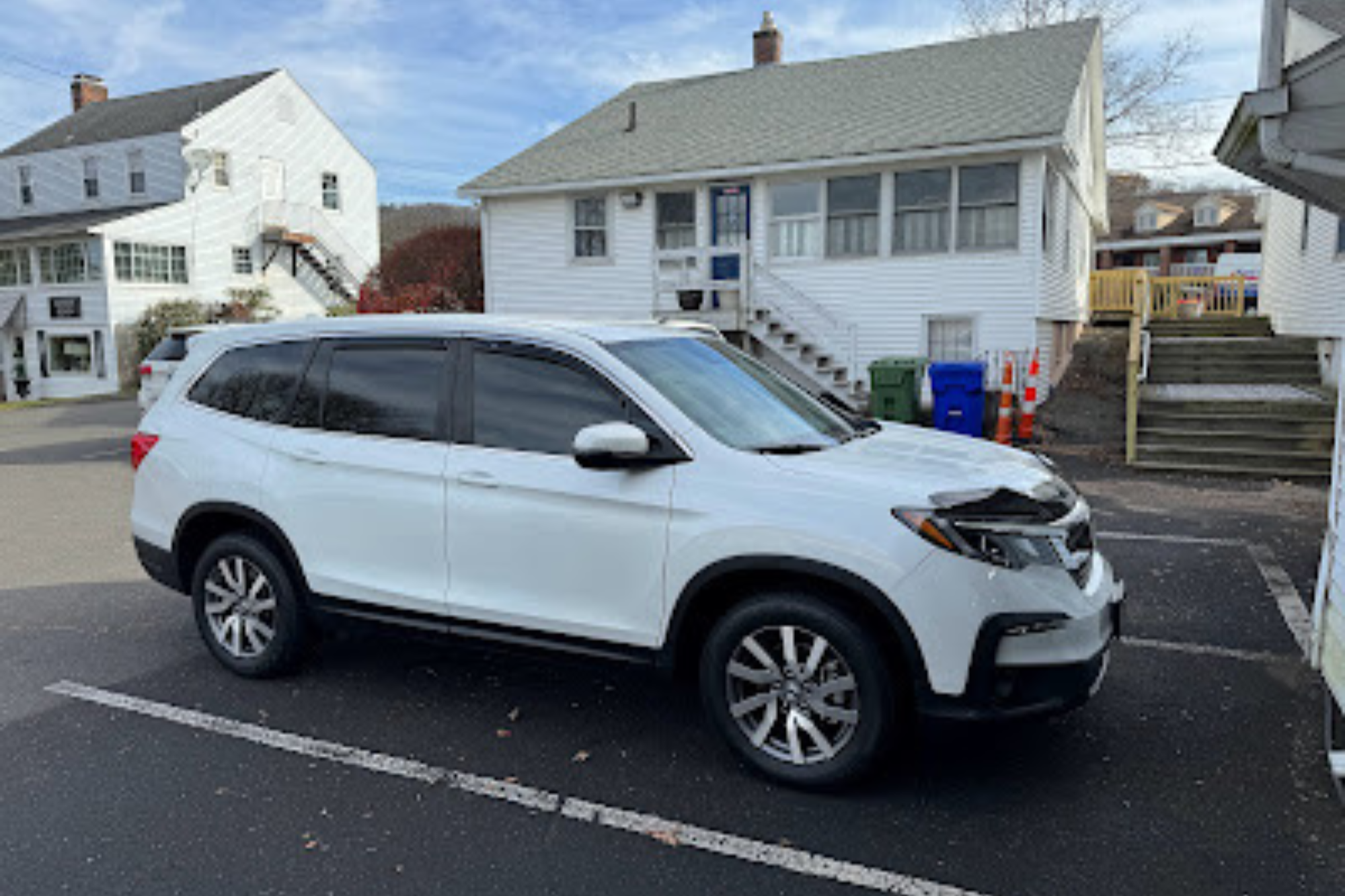Window tinting has become increasingly popular among vehicle owners due to its numerous benefits. Not only does it enhance style and privacy, but it also provides protection from harmful UV rays, reduces heat, and improves energy efficiency.
In this article, we will explore the advantages of window tinting for your vehicle, factors to consider when choosing the right tint, professional installation versus DIY, maintenance tips, and more. So let’s dive in and discover why window tinting is a valuable investment for your vehicle.
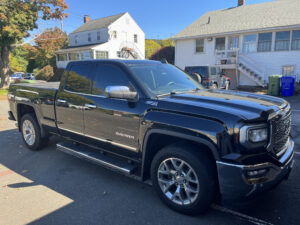
The Importance of Style and Privacy in Vehicles
For many vehicle owners, their car is not just a mode of transportation; it is an extension of their personality. Window tinting Hartford CT offers a stylish enhancement that can elevate the overall look and feel of any vehicle. By adding a sleek and uniform appearance, window tinting instantly improves the aesthetics and gives your vehicle a sophisticated touch.
Privacy is a significant concern for car owners. Whether you’re commuting or parked, window tinting provides an added layer of privacy, keeping prying eyes at bay. With tinted windows, you can enjoy a sense of seclusion and confidentiality, enhancing your driving experience and personal comfort.
What is Window Tinting?
Window tinting is the process of applying a thin film to the windows of a vehicle. The film is typically made of polyester and is available in various shades and levels of darkness. This film is applied to the inside of the windows and adheres tightly to the glass, providing a range of benefits to the vehicle and its occupants.
The Benefits of Window Tinting
 Enhanced Privacy and Security
Enhanced Privacy and Security
Window tint Hartford CT offers an increased level of privacy and security. It creates a barrier that prevents outsiders from easily peering into your vehicle, safeguarding your valuables from potential theft. Tinted windows make it more difficult for criminals to identify the presence of valuable items inside your car, reducing the likelihood of break-ins.
Protection from Harmful UV Rays
The sun’s ultraviolet (UV) rays can be harmful to both your vehicle and your health. Window tinting helps block up to 99% of harmful UV rays, preventing fading, cracking, and deterioration of the interior of your automobile. It shields your skin from direct UV exposure, reducing the risk of sunburns and long-term damage.
Heat Reduction and Energy Efficiency
Window tinting acts as a barrier against solar heat, reducing the amount of heat that enters your vehicle. By minimizing heat build-up, tinted windows help keep the interior cooler, creating a more comfortable environment for both the driver and passengers. This reduced reliance on air conditioning can also lead to improved fuel efficiency, saving you money on gas.
Glare Reduction for Safer Driving
Particularly when driving, excessive sun or headlight glare can be hazardous and distracting. By significantly reducing the amount of incoming light, window tinting lessens glare, improving visibility and lowering eye fatigue. With reduced glare, you can enjoy a safer driving experience, especially during sunrise, sunset, or in bright, sunny conditions.
Preservation of Interior
Prolonged exposure to sunlight can cause the interior of your vehicle to fade, crack, and deteriorate over time. Window tinting helps preserve the appearance and condition of your car’s interior by blocking harmful UV rays and minimizing heat. By preventing sun damage, you can maintain the beauty and value of your vehicle for years to come.
Improved Aesthetics
Window tinting adds a touch of sophistication and elegance to any vehicle. With a variety of shades and darkness levels available, you can choose the perfect tint that complements your car’s style and enhances its overall appearance. Whether you prefer a subtle tint or a more dramatic look, window tinting allows you to customize the aesthetics of your vehicle to suit your preferences.
Factors to Consider when Choosing Window Tinting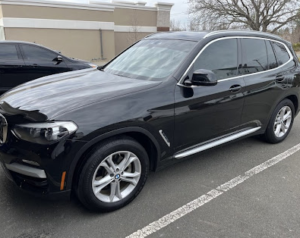
When selecting window tinting for your vehicle, it’s essential to consider several factors to ensure you make the right choice. Here are some key considerations:
Legal Considerations
Window tinting laws vary from one jurisdiction to another. It’s crucial to familiarize yourself with the local regulations to ensure compliance. Some areas have restrictions on the darkness level of tint allowed on specific windows, so be sure to check the legal requirements before making a decision.
Type of Tint Film
There are different types of tint films available, including dyed, metalized, carbon, and ceramic. Each type offers unique characteristics and performance. Dyed films are cost-effective and provide a basic level of heat and glare reduction. Metalized films offer increased heat rejection and privacy. Carbon and ceramic films provide superior heat rejection, UV protection, and clarity while maintaining a non-reflective appearance.
Tint Darkness Level
The darkness level of tint is measured by the percentage of visible light transmission (VLT). The lower the VLT percentage, the darker the tint. While darker tints provide greater privacy and heat rejection, they may also reduce visibility, especially at night. It’s important to strike a balance between aesthetics, privacy, and visibility when choosing the darkness level.
Quality and Durability
Investing in high-quality tint films ensures longevity and optimal performance. Look for reputable brands and professional installation services that offer warranties, indicating their confidence in the product’s quality and durability. High-quality films are less likely to bubble, fade, or peel over time, providing you with a long-lasting solution.
Professional Window Tinting vs. DIY
Although DIY window tinting kits are available, professional installation is highly recommended for optimal results. Professional installers have the necessary experience, expertise, and tools to ensure a flawless application and minimize the risk of bubbling, creasing, or improper alignment. Professionals are knowledgeable about local tinting laws and can help you choose the right tint for your specific needs.

Window Tinting Maintenance and Care Tips
To maximize the longevity and performance of your window tint, consider the following maintenance tips:
- Clean the tinted windows with non-abrasive, ammonia-free cleaning solutions and a soft, lint-free cloth.
- Avoid using sharp or abrasive objects that could scratch the tint film.
- Do not roll down the windows for at least a few days after installation to allow the film to fully adhere.
- Avoid using abrasive window cleaners or ammonia-based products that can damage the tint film.
- Be cautious when using ice scrapers or parking permits on tinted windows to prevent scratching.
By following these maintenance tips, you can ensure that your window tinting remains in optimal condition and continues to provide the desired benefits for years to come.
Conclusion
Window tinting offers a myriad of benefits for vehicle owners. From enhanced privacy and security to protection from harmful UV rays and glare reduction, the advantages are undeniable. By choosing the right type of tint film, considering legal requirements, and opting for professional installation, you can achieve style, privacy, and a range of functional benefits for your vehicle. So why wait? Experience the advantages of window tinting and elevate your driving experience today.
FAQs
Is window tinting legal everywhere?
Window tinting regulations vary from one jurisdiction to another. It’s essential to research and understands the specific laws and regulations in your area before tinting your vehicle’s windows.
Can I apply window tinting myself?
While DIY window tinting kits are available, professional installation is recommended for the best results. Professional installers have the expertise and tools to ensure a flawless application and minimize the risk of damage.
How long does window tinting last?
The longevity of window tinting depends on various factors, including the quality of the tint film, installation, and maintenance. High-quality tint films, when properly cared for, can last for several years.
Will window tinting affect the visibility of the driver?
Choosing the appropriate darkness level of tint can help maintain visibility while providing privacy and heat reduction. It’s important to strike a balance between aesthetics and visibility, especially at night.
Can window tinting be removed?
Yes, window tinting can be removed if desired. Professional tint removal services can safely remove the tint film without damaging the windows.
